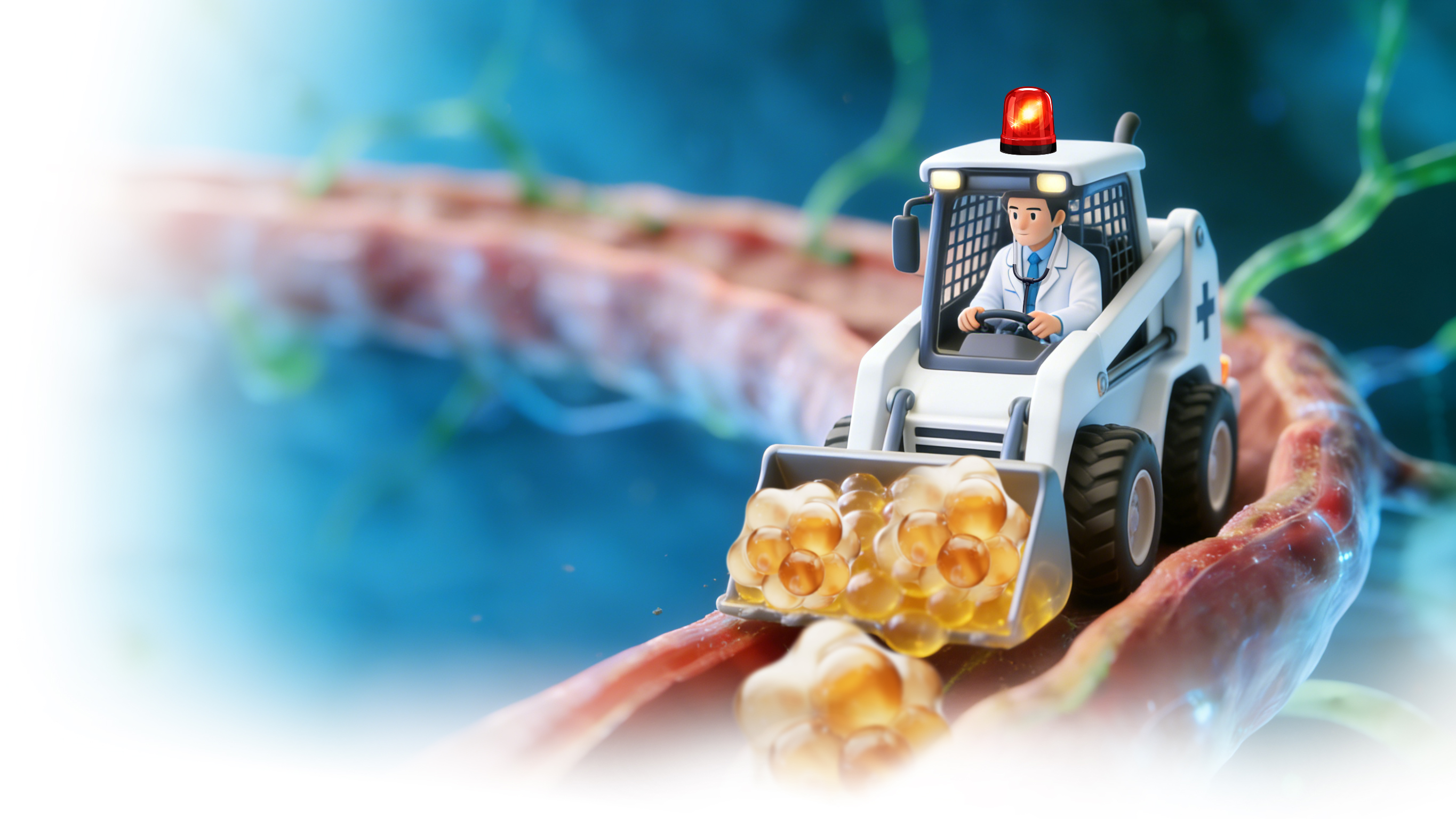The IL-6 family cytokines have held an infamy for the pathogenesis of rheumatoid arthritis for years. A recent study overturned this concept. STAT3, a key gene critical for the proliferation, survival, maturation and regeneration of chondrocytes in growth plates and articular cartilage, is activated by IL-6. In mouse model, chondrocytes became dysfunctional when STAT3 was ceased to function. As a result, mice lacking STAT3 in chondrocytes manifested a series of conditions: smaller body size, premature growth plate fusion, suppressed skeletal growth, and mild degeneration of articular cartilage. Furthermore, the outcomes were even more severe in female than male suggesting a gender difference in the effect of intervening this gene. Also, the deletion of IL-6 family cytokine receptor gp130 or gp130-signaling co-receptor LIFR produced similar but milder effects. These findings have revealed a molecular pathway to regulate chondrocytes implying a potential for the regeneration of joint cartilage.
References
1. Liu NQ, et al. Commun Biol. 2022;5:64.





